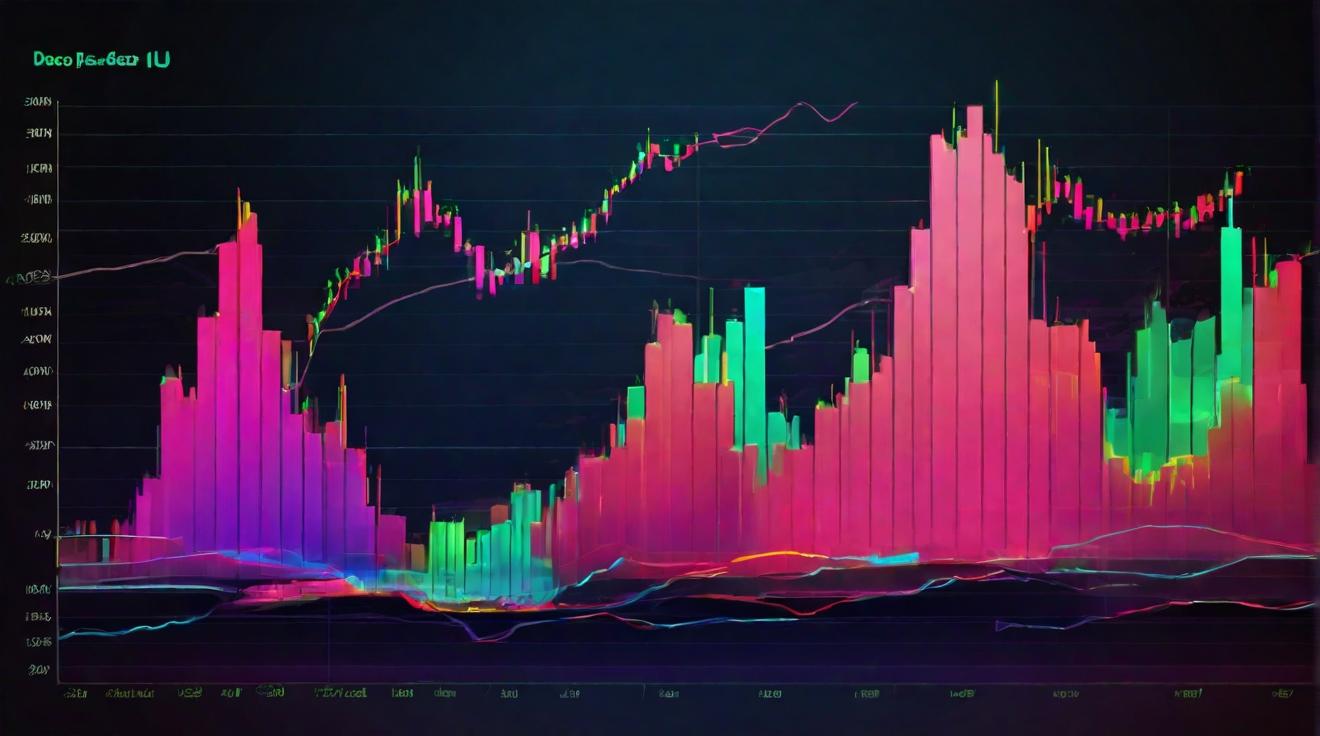Global Markets Face Sharp Drop Amid Middle East Tensions and Economic Concerns
This week, global financial markets experienced a significant downturn, marking their steepest weekly decline since September, driven by escalating tensions in the Middle East and economic uncertainties. The situation exacerbated when reports of explosions in Iran and an Israeli strike intensified risk aversion among investors, particularly in Asian markets.
Adding to the market's troubles were disappointing earnings results and hawkish comments from Federal Reserve officials, which had already put investors on edge. The attacks on Isfahan, Iran, notably pushed the price of gold above $2,400 an ounce and Brent crude above $90 a barrel, igniting a surge in demand for safe-haven assets such as the U.S. dollar and Japanese yen. Consequently, stocks tumbled while bonds witnessed a rally.
Despite the lack of specific details on the damage caused, the initial flight-to-safety moves were somewhat retracted. However, market volatility remains heightened as we approach the weekend. The urgency around these developments has prompted a rally in commodities, adding to inflationary pressures at a time when Iran, the third-largest OPEC oil producer accounting for 3% of global output, is under the spotlight. Oil prices have surged 16% since the start of 2024, with copper, a key industrial metal, also up 14%.
John Williams, the President of the New York Federal Reserve, articulated a looming risk: should data require higher interest rates to meet economic objectives, the Fed stands ready to implement such measures. This announcement contributed to a sharp decline in U.S. Treasury yields on Friday, despite the benchmark 10-year yields climbing over 35 basis points for the month, dampening hopes for rate cuts this year.
In the tech sector, shares in Taiwan Semiconductor Manufacturing Company (TSMC) fell by 6% after revising its sector outlook downward, casting a shadow over technology and chipmaking shares worldwide. The market's reaction to these geopolitical and economic events highlights its sensitivity, with the yen and Swiss franc experiencing notable gains, especially against crosses, indicating a swift unwinding of carry trades amid these volatile conditions.
As geopolitical tensions continue to unfold, they are expected to overshadow other economic data releases, keeping investors on their toes for any further developments that could impact global markets.
In a world fraught with uncertainty, investors are navigating through a storm of geopolitical tensions and economic signals, highlighting the importance of adopting a cautious approach in these tumultuous times.
Analyst comment
Negative news. The global financial markets face a sharp drop due to escalating tensions in the Middle East and economic uncertainties. The attacks in Iran and hawkish comments from Federal Reserve officials have intensified risk aversion among investors. Stocks have tumbled while bonds witnessed a rally. Market volatility remains heightened and there is a rally in commodities, adding to inflationary pressures. Geopolitical tensions are expected to overshadow economic data releases, keeping investors cautious.













